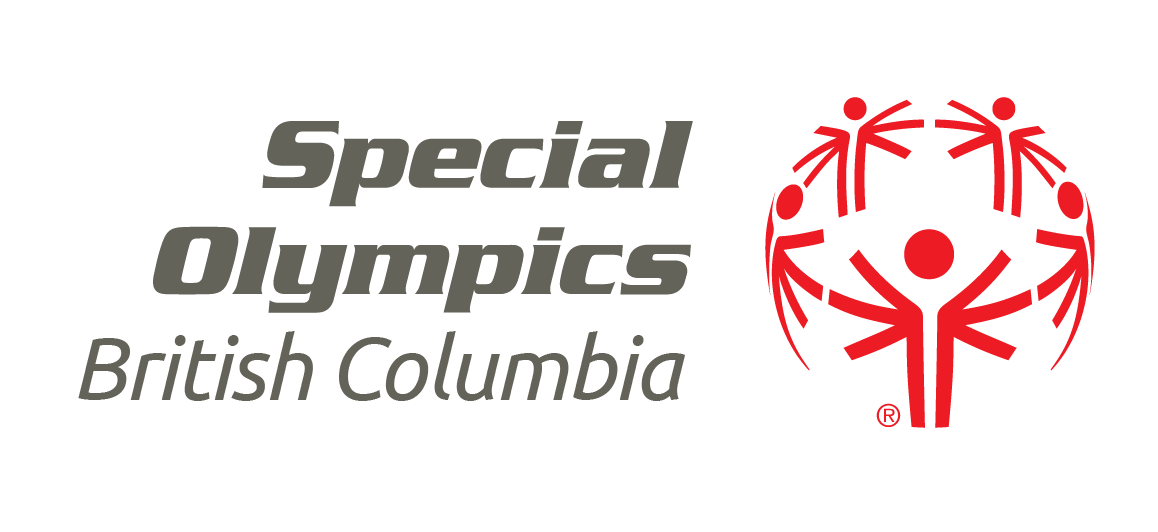General Statement of Eligibility: Persons with an intellectual disability are eligible to participate in Special Olympics.
Identifying Persons with Intellectual Disabilities: A person is considered to have an intellectual disability for purposes of determining his or her eligibility to participate in Special Olympics if that person satisfies all of the following requirements:
- Typically an IQ score of approximately 70 or below;
- Deficits in the general mental abilities which limit and restrict participation and performance in one or more aspects of daily life such as communication, social participation, functioning at school or work, or personal independence, and;
- Onset during the developmental period (before the age of 18 years).
The Diagnostic and Statistical Manual of Mental Disorders (DSM 2000) is published by the American Psychiatric Association and the manual is typically used by professionals in Canada who make development diagnoses.
- Do coaches/ staff require proof that a person has an intellectual disability?
No, Special Olympics in Canada does not ask for proof of an intellectual disability. If the person has an intellectual disability then he/she is eligible to participate in Special Olympics.
- What happens when a child has not had an assessment to determine their diagnosis?
Special Olympics in Canada has an inclusive approach and does not ask for medical documentation to be eligible for participation in programs. It is recommended to invite parents/caregivers to observe a program to see if the child fits in with the program. If parents feel that their child fits into the program, then he/she can participate until the assessment has been completed.
- If there are athletes in the programs who may not have an IQ below 70, what should a coach/staff do?
Those athletes who are enrolled in Special Olympics programs in Canada who have an IQ above 70 are eligible to continue participating in Special Olympics.
- What are common intellectual disabilities?
Intellectual disabilities include Down syndrome and some Autism Spectrum Disorders. Typically an intellectual disability would not be attention deficit hyperactivity disorder, attention deficit disorder, or a learning disability.
Ready to join our joyful community? Get in touch with your local Special Olympics program by checking out the list of communities or contacting the Provincial Office.
